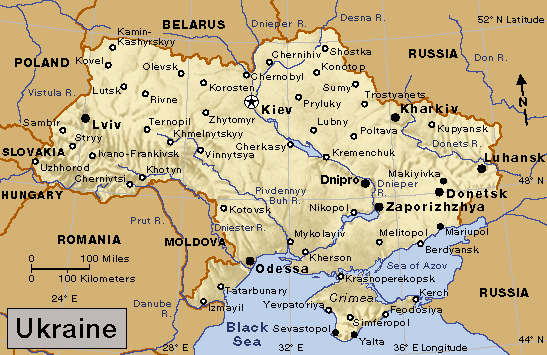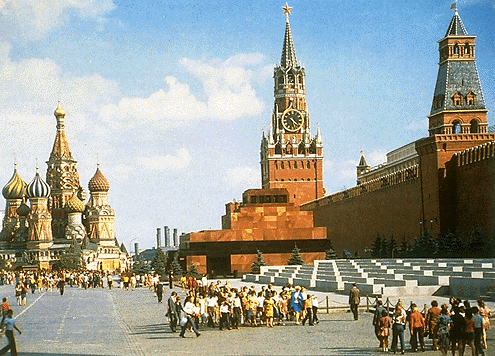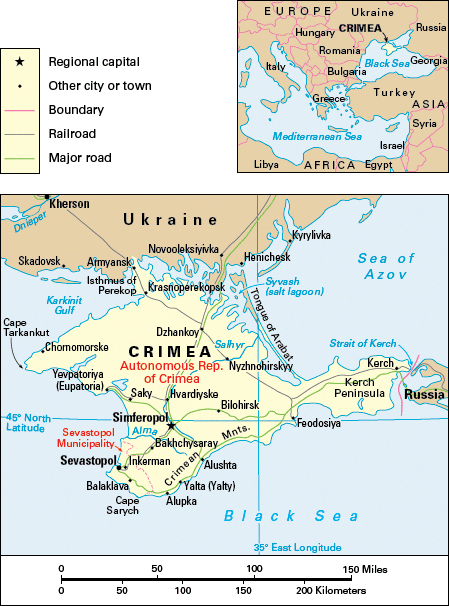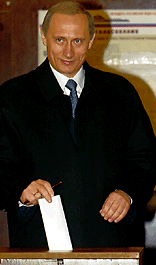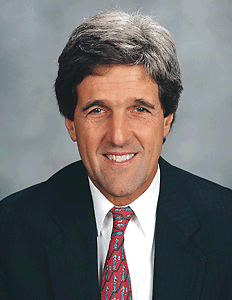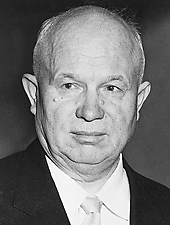In Poland, President Obama Affirms U.S. Committment to European Security
Wednesday, June 4th, 2014June 4, 2014
Speaking in Warsaw at an event celebrating the 25th anniversary of Poland’s democratic government, President Barack Obama sought to reassure Poland and Eastern European nations that have grown anxious about their national security since Russia’s annexation of the Crimean Peninsula. The event, Freedom Day, celebrated Poland’s first Western-style elections—held on June 4, 1989—in which the Solidarity movement defeated the Communist government that had formed in Poland in the late 1940′s. After the 1989 elections, Poland went on to become an economic and political success story, joining the North Atlantic Treaty Organization (NATO) in 1999 and the European Union (EU) in 2004.
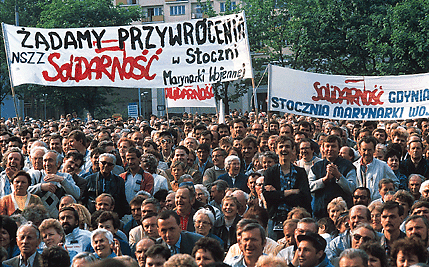
A political rally held in Poland during the 1989 elections showed support for the Solidarity movement (© Filip Horvat, SABA).
Russia’s takeover of the Crimean Peninsula in April 2014 created anxiety throughout central and eastern Europe. Some former Soviet nations worried that Russian President Vladimir Putin was trying to re-create the Soviet empire. Yesterday, President Obama announced a $1-billion program to bolster the presence of the U.S. military in Poland and its neighbors. The program includes providing military aid to such non-NATO nations as Georgia and Ukraine.
Speaking in Castle Square, President Obama gave a strong promise of military support, saying, “I know that throughout history, the Polish people were abandoned by friends when you needed them most. So I’ve come to Warsaw today—on behalf of the United States, on behalf of the NATO Alliance—to reaffirm our unwavering commitment to Poland’s security . . . . We stand together—now and forever—for your freedom is ours.”

